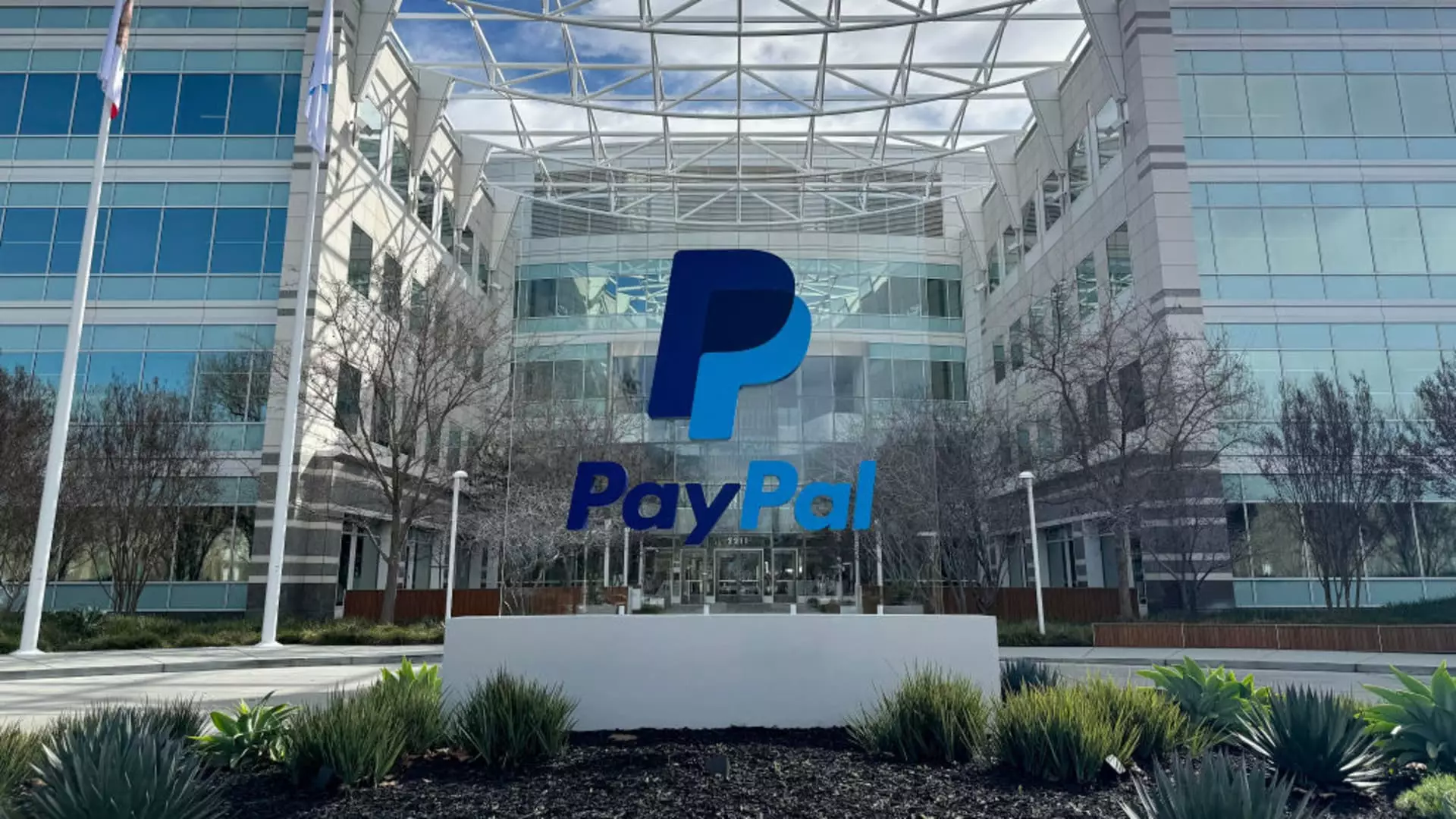In the ever-evolving landscape of digital transactions, PayPal is gearing up for a significant change with the introduction of PayPal Open. After grappling with leadership changes and brand identity challenges over the past two years, the company seems poised to reshape its approach to business payments. With this initiative, PayPal aims to unify its previously disparate offerings under a single, coherent brand. This move reflects a strategic response to customer feedback, where the need for better understanding and utilization of PayPal’s extensive capabilities was highlighted.
Frank Keller, executive vice president of the enterprise merchant group, recognizes that the time has come to position PayPal not just as a consumer brand but as a formidable force in the B2B sector. The consolidation of various services such as Braintree, Zettle, and Hyperwallet under the PayPal Open umbrella allows for a more streamlined and easily navigable platform for businesses and developers alike.
From Consumer to Enterprise: A Shift in Strategy
Historically, PayPal has been synonymous with its user-friendly checkout button for consumers. However, the company has struggled to present its business-to-business offerings as a cohesive force. This strategy overhaul aims to bridge that gap, moving from an assortment of legacy products to a well-integrated enterprise service that can compete with giants like Amazon Web Services. Keller’s reference to the evolution of consumer brands into successful B2B providers speaks volumes about the ambitions set forth for PayPal Open.
A crucial driving force behind this transformation is the need to adapt to a rapidly changing competitive environment. With tech giants like Apple and Google encroaching upon PayPal’s market share, particularly among younger consumers favoring mobile-first solutions, the company recognizes that its traditional strengths are under siege. Keller’s comments underscore the urgency of this undertaking: “We want to be an open platform where businesses, developers, and partners can build upon our solutions.”
Beyond merely facilitating transactions, PayPal Open promises to offer an array of integrated services designed to cater to the multifaceted needs of modern businesses. Through a singular connection, users will gain access to advanced fraud protection tools, diverse payment options like buy now, pay later, and the capability to manage global transactions in 140 currencies. This emphasis on ease of integration is essential for drawing businesses to PayPal’s platform, especially in an age where efficiency is paramount.
Moreover, the integration of AI-powered business insights into PayPal Open could significantly enhance decision-making processes for merchants. By offering this data-driven support, PayPal is effectively positioning itself as more than just a transaction facilitator; it is becoming a key partner in the business growth journey.
The Role of Trust and Brand Identity
When launching PayPal Open, significant attention has been given to brand identity—an aspect that cannot be overlooked. The name “Open” was chosen after extensive market research, reflecting the brand’s intention to foster transparency and accessibility in business payments. Keller points out the challenges and debates surrounding the consolidation, emphasizing the importance of being rooted in the trusted reputation PayPal has built over the years.
Interestingly, the absence of Venmo from this consolidation highlights a strategic distinction between PayPal’s consumer and enterprise offerings. Venmo, despite being under the PayPal umbrella, remains a strong standalone brand, particularly among younger customers. This separation illustrates a nuanced understanding of consumer branding versus enterprise functionality, a critical factor in ensuring both sectors receive targeted strategies and marketing.
As PayPal Open rolls out this week and undergoes a phased transition, the company’s leadership is under pressure to deliver results in an increasingly competitive landscape. The reimagined platform’s ability to seamlessly connect various services without disrupting existing integrations will be vital for its acceptance among businesses already using PayPal’s products.
In sum, PayPal Open represents not just a brand consolidation, but a fundamental shift in how the company views its role in the financial technology ecosystem. Whether it can effectively leverage its trusted name and expansive capabilities to become a leader in the enterprise sector will be closely watched by industry observers and competitors alike. With its ambitious plan in motion, PayPal might just emerge as a preferred choice for businesses seeking innovative and reliable payment solutions.

